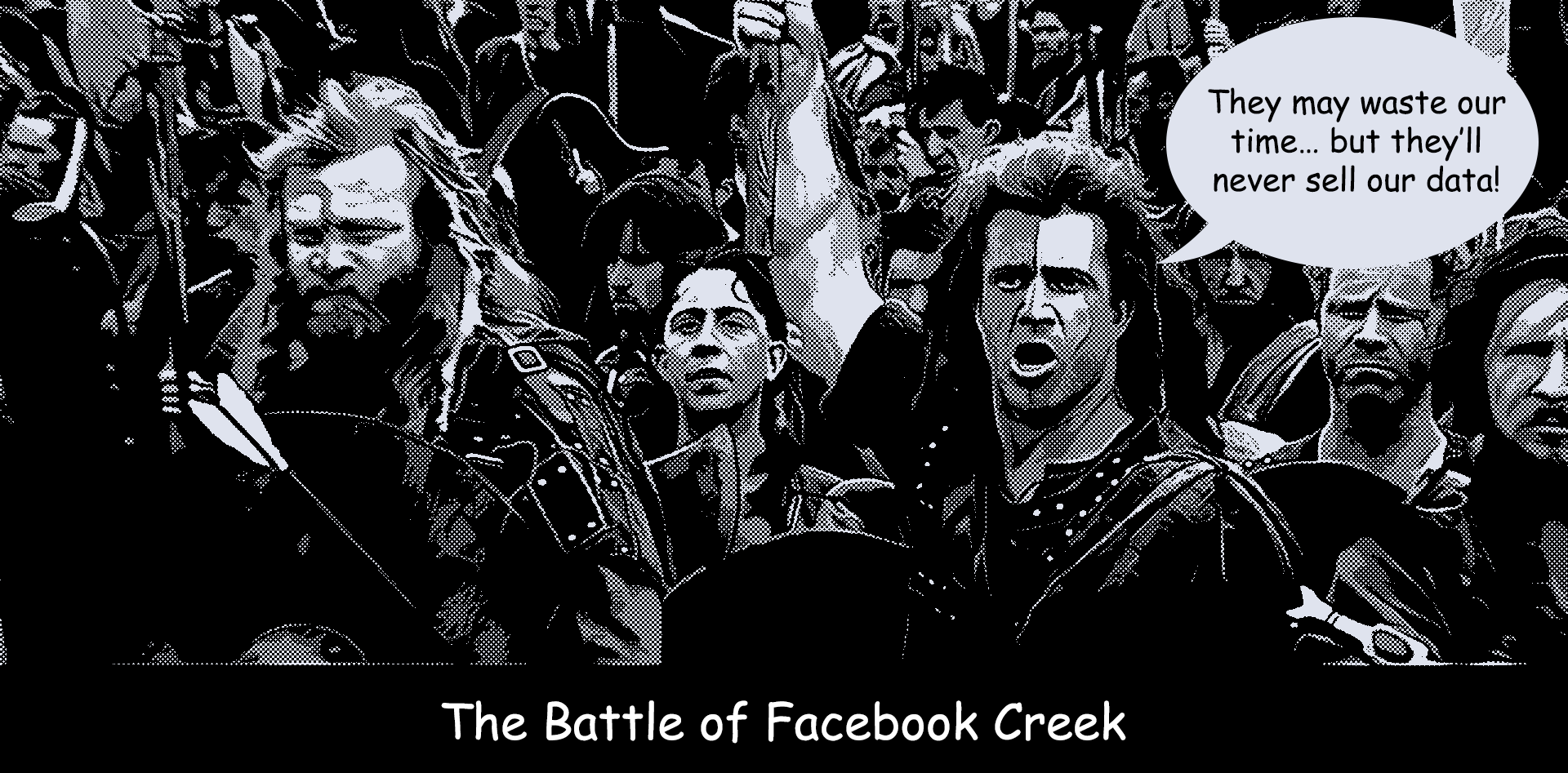At face value, you might see Facebook as a social media tool turned advertising platform. Which is why the world was shocked to find out Facebook allowed Cambridge Analytica to harvest the data of over 50 million of their users. But, once you understand what Facebook is becoming, then you’ll understand how something like Cambridge Analytica could’ve happened.
For that, we’ll look at a company even more influential than Facebook.
WeChat: Ruler of the East
Contrary to the US – where we have dozens of widely used communication tools to choose from (Snapchat, Twitter, Messenger, etc…) – China has streamlined its communication apps down to one: WeChat.
Chances are you’ve never heard of this company, despite having 938 million daily active users.
Essentially, WeChat is a platform much like Facebook, that offers a variety of communication services – messaging, audio, video. However, the real power of WeChat is all the mini-apps they offer, which make it an “app of all apps”.
Inside the app, users can download mini-apps to play games, pay bills, find local hangouts, book doctor appointments, file police reports, hail taxis, hold video conferences, and access bank services. There are literally millions (not thousands) of these apps within the app.
Partly, WeChat has grown in dominance because the Chinese government censors the competition (Facebook, Whatsapp, Line, Google). But also because it’s so dang useful.
Virtually any service that one would take care of digitally can be done through WeChat. Now they are even replacing physical IDs with digital IDs that can be accessed only through the WeChat app.
In the US – where we care deeply about invasive government involvement – this would be considered privacy heresy. But, the Chinese culture has long accepted government overwatch. It’s commonplace.
What’s important to note, though, is that for millions of people, WeChat is their portal to the digital world. Everything that they do digitally, from banking to texting is done on WeChat.
And this is the type of dominance Facebook dreams of having.
The Facebook Portal
With far less success than WeChat’s mini-apps, Facebook has launched many similar services. Facebook Marketplace allows people to exchange goods. Facebook Groups can help you find an apartment, comment on current events, schedule events and much more. They’re also a “key” to other websites – logging into Uber, Spotify, Instagram with your Facebook profile.
Sounds a little like WeChat’s portal to the digital world, right?
Implementing all of these services within the Facebook platform means they had to empower developers with our data. Facebook grants developers access to your interests, likes, connections, religious and political affiliation, work history, and dozens of other things associated with your Facebook profile.
Additionally, when you engage with a developer’s app on Facebook, that developer can harvest data on all your connections. This is how Cambridge Analytica leveraged 270,000 survey respondents to collect the data of over 50 million users.

This data-sharing has outraged a lot of people. But, you need to remember that when a service is free, generally “you” are the product.
It’s the case with Google – a free search engine that makes money from collecting and selling your behaviors. And it’s also the case with Facebook.
Following this Facebook fiasco, we may see data-sharing regulations that crack down on how free services handle user data. We may not.
Regardless, your digital identity is the hottest commodity on the market today. And if you aren’t taking precautions to insulate your digital identity from harm, then you are an easy target.
If this worries you, then you’ll find a lot of value in my Digital Identity Series – a resource to help educate you on how to protect your digital identity from cybercriminals and Big Brother corporations.
Nonetheless, this is digital life.
Dangers of a New Environment
In the grand scheme, the digital world is very nascent. Just a half-century old. We’re all trying to understand how to navigate this digital world without letting it harm us.
Danger is a reality of entering new environments.
Start a new job and there’s a danger of getting let go. Start driving and there’s a danger of crashing.
What’s important is to not enter new environments with your guns blazin’ and panic in your eyes. It’s like driving for the first time and hitting the gas up to 120 mph.
In new environments, you must figure out the lay of the land and devise a strategy. You must learn how to navigate properly to avoid danger.
The digital world is no different. Unfortunately, most people hit the digital world at 120 mph without figuring out the rules first.
Thanks for reading this week’s Quick Theories. And don’t be afraid to shoot me an email with any thoughts.


